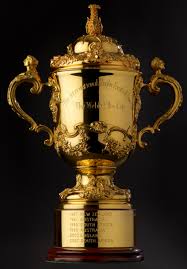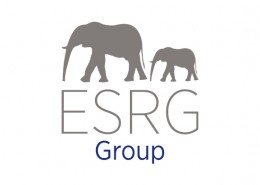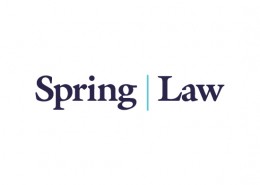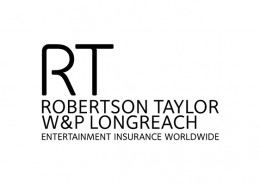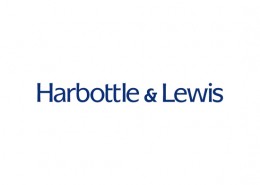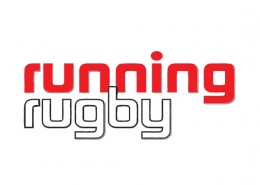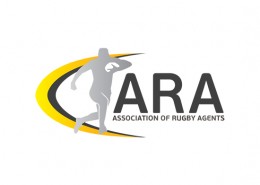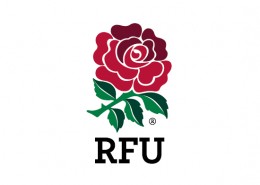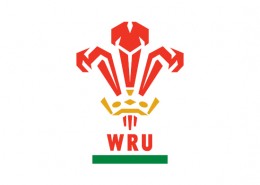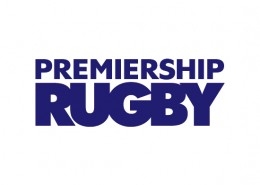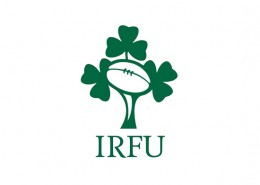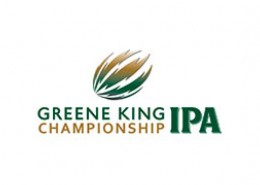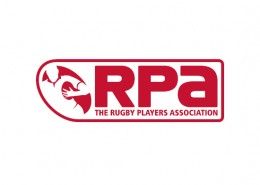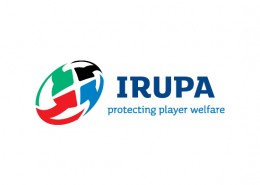RWC Finalists Hedge Against Win Bonuses
The Australian media has reported that the ARU placed a A$300,000 (£138k or €195k) bet with a local corporate bookmaker to collect more than $3 million if the Wallabies win the Rugby World Cup final on Saturday.
The ARU and players’ association (RUPA) agreed earlier this year that if the Wallabies won the Webb Ellis Cup, each player would get a $A100,000 (£46k or $65k) bonus on top of their annual salary and match payments.
With 33 players used at this tournament, the cash-strapped union made the bet to help cover the costs of the potential $3.3 million payment (approx. £1.5m. or €2.1m).
“We have an arrangement in place with [Rugby Union Players Association] around player bonuses for the Rugby World Cup, the details of which are in commercial confidence,” an ARU spokesman told the Sydney Morning Herald.
“This arrangement is not inconsistent with what we’ve had in place for previous World Cups.”
The ARU has avoided any violation as the bet is deemed an insurance move to minimise losses for any bonus payments to its players.
Meanwhile, All Blacks players could each take home a £69k (€98k) bonus for winning Saturday’s final. If Steve Hansen’s men lose the final, their bonus will drop to £16k (€23k) for each player.
A similar hedging approach was taken by the IRFU to cover any bonuses earned by Ireland players. An Irish Times article from earlier this month (before Ireland were knocked out of the tournament) detailed:
“Whether Tadhg Furlong or Jamie Heaslip the contract is the same. The IRFU pays each Ireland player a basic fee for making the Rugby World Cup 2015 squad (between €30,000 and €40,000 or between £22k and £29k). Irish success would then bring bonus payments, understood to be heavily weighted towards reaching marks that no Ireland team has reached before. Should an injured player have to be replaced they would split monies due with their replacement on a pro-rata basis.
If Ireland had won the tournament, the Irish Times understands that the total bonus payable on top of that initial squad fee would have amounted to over €100,000 (£72k) per man. That would have been a €3.1m (£2.2m) bill for the IRFU, a significant financial risk that the union manages via Paddy Power.
David Lyons is associate director of sports risk management at Paddy Power PLC, which set up Airton Risk in order to “mitigate the financial risk related to the outcome of sporting events”.
Lyons said: “It allows customers to budget with certainty at the start of the year. Regardless of what happens on the pitch they have a known exposure. So their hedging cost is actually the cost of paying out their bonuses. It allows them to budget with certainty for the coming season.”

